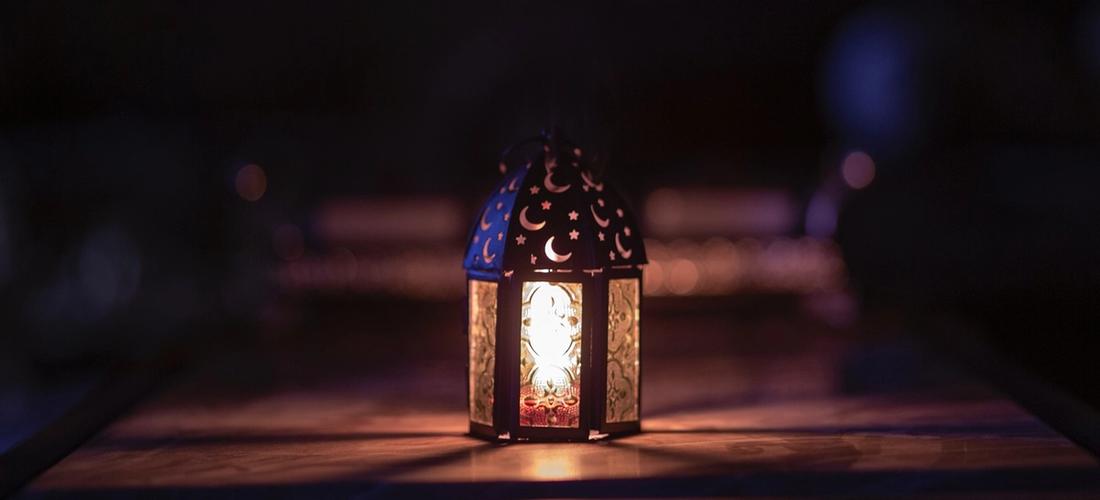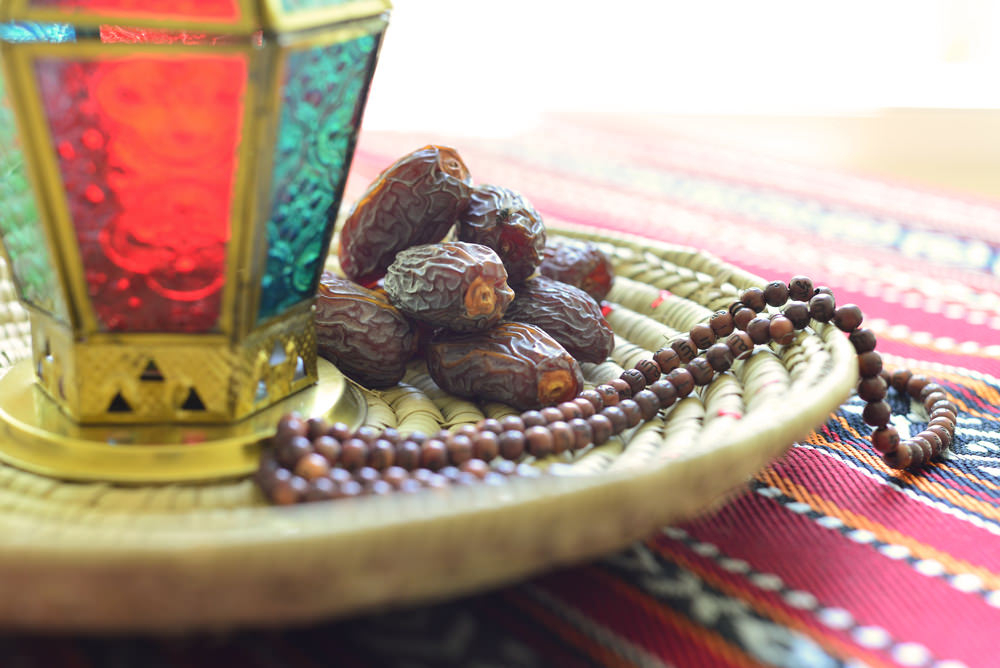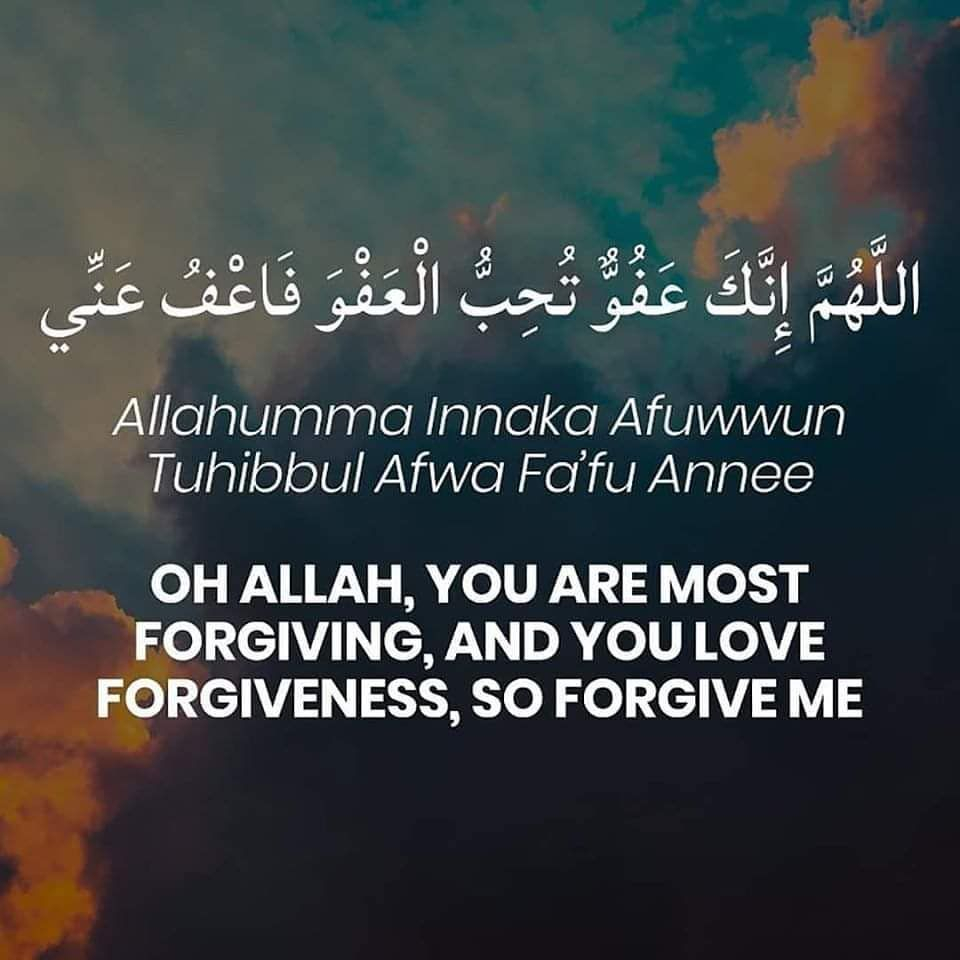Beseeching Allah (S) in Ramadan's Second Ten Days – Quran Verses About Forgiveness
Faith
|
Apr 22, 2021
|
5 MIN READ

Image source: Ahmed Aqtai from Pexels
Wow! We’ve reached the second ten days of Ramadan already? Alhamdulillah. When the tenth day of Ramadan arrives, many Muslims concentrate on forgiveness. We often hear this hadith, in which it is reported that the Prophet Muhammad (saw) said:
“It (Ramadan) is the month, whose beginning is mercy, its middle, forgiveness and its end, emancipation from the fire.” [Ibn Khuzaymah 3/191, no. 1887]
I mentioned in a previous article on intentions and mercy during Ramadan that the above hadith is weak, but many Muslims organize Ramadan and their acts during the 29-30 days of the holy month. There’s no problem with that, as long as no one is trying to impress that dividing the days of Ramadan into three ten-day sections is fard (obligatory). Why stress over it? We struggle enough to connect with Allah (S) and strengthen our faith and self-awareness. Nobody has time to quibble over things that are not haram (unlawful) or bidi’ah (innovation), missing opportunities to build up our fellow worshippers.
Besides, who doesn’t want some of the glorious forgiveness, especially from our Creator (S)? So, let’s examine some aspects of Allah’s (S) forgiveness.
How Does Allah Forgive?
Woah, that’s a deep subtitle. Don’t worry. I won’t go to Madinah University level with this, but it is important to appreciate that forgiveness is intricate with different forms. The more we know, the better we can get Allah’s (S) forgiveness for our flaws, His protection from the consequences and for Him) to overlook and erase them. To attain those, we need to seek two layers of forgiveness – maghfirah (مغفرة ) and afu (عفو ).
Maghfirah (مغفرة ) comes from the root word ghafara (غفر), which refers to something that protects. When we make maghfirah and ask Allah (S) for His forgiveness, we seek protection from the consequences of our erroneous actions at all levels in this life and the hereafter. With maghfirah, Allah forgives us and protects us from the consequences of our actions, but they remain in our book of deeds. Ideally, we all want Allah (S) to cover us with His protective forgiveness to safeguard us from our foolishness, so we make our tongues busy with begging Allah (S) for His absolution every day; we increase our imploring of Him (S) to pardon us during Ramadan.
Afu (عفو ) also involves Allah’s (S) forgiveness, wherein He exonerates us. In addition to pardoning sins, Allah will remove them from our records of account. Afu relieves the one granted it from seeing the ill deed on the Day of Judgement, a time when everyone will feel the fear of seeing what we have done. We hope for Allah (S) to erase our bad deeds through His forgiveness and mercy, so we do not have to face them.

During these ten days, many Muslims concentrate on making du’as for forgiveness, asking Allah (S) to forgive them and remove their sins from their records, as if they never existed.
Du’a During Days of Forgiveness
Du’a is a powerful tool for the believer. It grants us a way to connect directly to Allah without any intercessors. The person who raises their hands with hope and fear gets the immediate attention of their Lord (S). Allah (S) says:

“And when My servants ask you, [O Muhammad], concerning Me – indeed I am near. I respond to the invocation of the supplicant when he calls upon Me. So let them respond to Me [by obedience] and believe in Me that they may be [rightly] guided.” [Quran 2:186]
Knowing that Allah (S) is ready to hear our pleas should inspire and motivate us to call upon him.
The Prophet (saw) called du’a the “essence of worship” and said seeking forgiveness as one of the best supplications a person can make"
"A man comes to the Prophet (saw) and said: 'O Messenger of Allah, what supplication is best?' He said: 'Ask your Lord for forgiveness and to be kept safe and sound in this world and in the Hereafter.' Then (the man) came the next day and said: 'O Messenger of Allah, what supplication is best?' He said: 'Ask your Lord for forgiveness and to be kept safe and sound in this world and in the Hereafter.' Then (the man) came the third day and said: 'O Prophet of Allah, what supplication is best?' He said: 'Ask your Lord for forgiveness and to be kept safe and sound in this world and in the Hereafter, for if you are forgiven and kept safe and sound in this world and the Hereafter, you will have succeeded.'" [Ibn Majah 3848]
One can make du’a using their own words and in their own language, but in A Du’a a Day: Prophetic Prayers for Ramadan, Dr. Tahir Wyatt explains, “The best supplications are taken verbatim from the Quran and sunnah.” How can anyone go wrong using the word of The Creator (S) and the directed speech of His Messenger (saw) to call on Him?
During Ramadan, I am usually on a search for those Quranic ayats and hadith with specific prayers for clemency and absolution. I will share a few here.
The following surahs are among the forty “Rabana” verses in the Quran that can be used for dua. They all begin with the phrase “Rabana,” which means “Our Lord.”

"Our Lord, do not impose blame upon us if we have forgotten or erred. Our Lord, and lay not upon us a burden like that which You laid upon those before us. Our Lord, and burden us not with that which we have no ability to bear. And pardon us, and forgive us, and have mercy upon us. You are our protector, so give us victory over the disbelieving people." [Quran 2:2:86]

"Our Lord, forgive us our sins and the excess [committed] in our affairs and plant firmly our feet and give us victory over the disbelieving people." [Quran 3:147]

“Our Lord, so forgive us our sins and remove from us our misdeeds and cause us to die with the righteous.” [Quran 3:193]

"Our Lord, we have wronged ourselves, and if You do not forgive us and have mercy upon us, we will surely be among the losers." [Quran 7:23]
Companions of the Prophet Muhammad (saw) reported that they counted him saying the du’a below one hundred times in one sitting:
“Rabb- ighfir li, wa tubb 'alayya, innaka Antat-Tawwabur-Rahim."
(My Rabb! Forgive me and pardon me. Indeed, You are the Oft-Returning with compassion and Ever Merciful." [Riyad as-Salihin 1872]

Image source: Pinterest
The Prophet Muhammad (saw) also instructed us to offer the following du’a while searching for Layatul Qadr during the last ten nights of Ramadan:
“Allāhumma innaka ʿafūwun tuḥibbu al-ʿafwa fa-ʿfu ʿannī”
O Allah, indeed You are all-Pardoning, You love pardoning, so pardon me.” [Tirmidhi 3513]
In addition to the above Quranic verses and sayings of the Prophet (saw), I am reading Dr. Wyatt’s book, which offers 29 du’as that center on four Ramadan themes: guidance, good habits, prayers for others and supplications specific to the last ten nights. It is free for download at the Yaqeen Institute’s website.
As we look toward the next ten days of this blessed month and reach the half-way mark of increased ibadah (worship), let’s take some time to consider the value and power of du’a as a way to garner from Allah (S) from the imperfection that comes with being human. We will all mess up some way, but with du’a we can have hope in Allah’s (S) forgiveness and mercy.
Subscribe to be the first to know about new product releases, styling ideas and more.
What products are you interested in?

